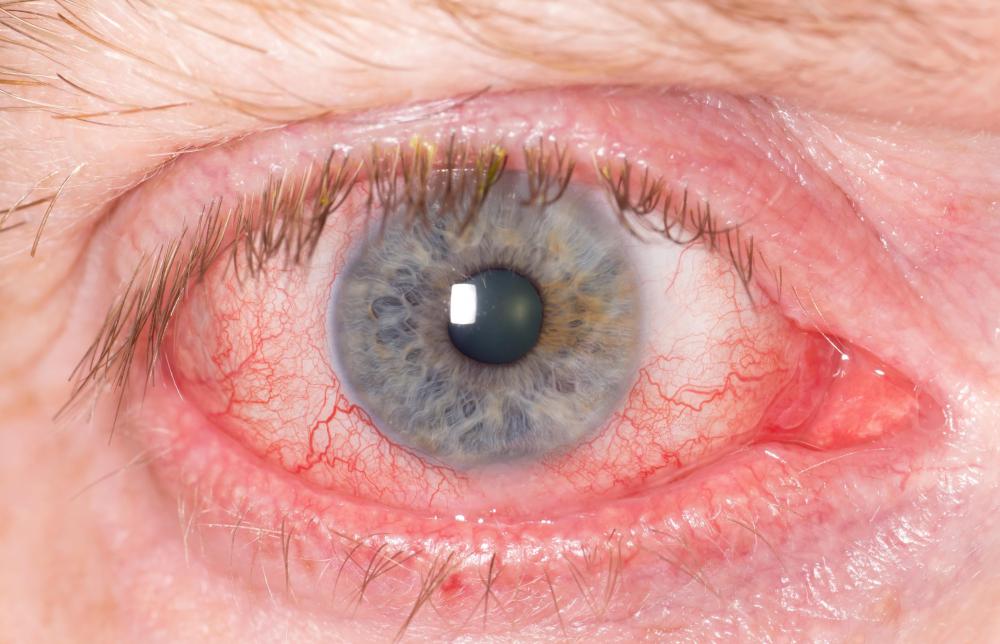At TheHealthBoard, we're committed to delivering accurate, trustworthy information. Our expert-authored content is rigorously fact-checked and sourced from credible authorities. Discover how we uphold the highest standards in providing you with reliable knowledge.
What Is Ariboflavinosis?
Ariboflavinosis is a condition characterized by a deficiency in riboflavin. It is also called hyporiboflavinosis. Initially, ariboflavinosis was known by the Latin term pellagra sin pellagra, which means "pellagra without pellagra." This is because the condition generates signs similar to pellagra, which is a deficiency in niacin, or vitamin B3.
Riboflavin, also known as lactoflavin or vitamin B2, is responsible for promoting growth in humans. It can be found in foods such as milk, eggs and leafy green vegetables. Thus, ariboflavinosis is usually linked to consuming limited quantities of riboflavin-containing foods.

More specifically, ariboflavinosis is associated with protein-energy malnutrition, which indicates inadequate intake of proteins. This form of malnutrition includes kwashiorkor and marasmus; the latter is similar to kwashiorkor but with insufficient calorie intake. Ariboflavinosis tends to occur in regions where people are dependent on foods that lack riboflavin or do not consume enough riboflavin-containing foods. For instance, some countries in Asia and the Caribbean have diets mainly comprising foods such as rice or corn, items that do not have riboflavin at all. Protein-energy malnutrition is most severe in certain African countries.

Some physicians have cited alcoholism as a cause of ariboflavinosis. This is because excessive drinking can destroy the liver, after which the impaired organ is unable to use riboflavin properly. Anti-retroviral medications, or medications used for treating of infection by retroviruses such as human immunodeficiency virus (HIV), are also known to trigger riboflavin deficiency. Inadequate diet, however, remains the principal cause of ariboflavinosis.
A person with the ariboflavinosis typically has angular cheilitis, which is characterized by lesions at the mouth's corners or lips; and stomatitis, or inflammation of the mouth's mucous lining. Other symptoms of the condition include light purplish red tongue, sore throat and bloodshot or itchy eyes. In more extreme cases, the patient might have anemia, or a reduction in the number of red blood cells; or seborrheic dermatitis, an inflammatory dermal condition that is characterized by skin with flaky white or yellow scales.
Ariboflavinosis can be conquered by those suffering from it by balancing the diet with foods rich in riboflavin. In some cases, physicians may prescribe supplementary doses of vitamin B2, or combine it with other vitamins. The Institute of Medicine, a not-for-profit, non-governmental organization under the United States National Academy of Sciences, recommends a daily riboflavin allowance range of 1.1 to 1.3 milligrams for healthy adults.
AS FEATURED ON:
AS FEATURED ON:












Discuss this Article
Post your comments